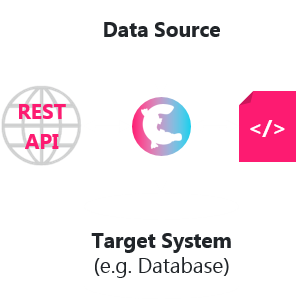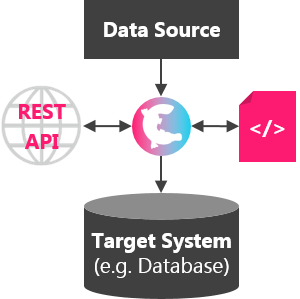Collectu Core
The open Python core for your digital transformation.
No-Code Configuration
Data pipelines can be configured using modules. Modules abstract functionality in a generic way that would normally have to be coded manually. No programming skills are required to configure data pipelines that combine multiple modules. It only takes seconds to collect, process, visualize, and store data from your systems.
Connect Different Data Sources and Target Systems
One of the key features of Collectu is the ability to combine and contextualize data from different interfaces. Based on the modular architecture you can collect, merge and process data from OPC UA, MQTT, TCP, REST, Beckhoff ADS, Siemens S7 and many more. The data can then be stored in a variety of ways, such as Excel files, a time series, or an SQL database. This allows you to map relationships as you collect data. This eliminates the need for time-consuming and often manual cleaning and reconciliation.
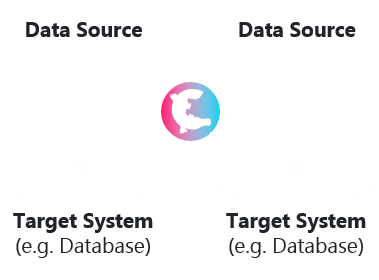
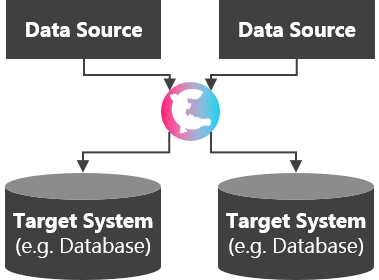
Collectu Hub
The Collectu Hub is a central database where the community can store and share their modules and configurations. You can use the experience, knowledge and best practices of our community to process your data. You can also manage your running remote applications here.
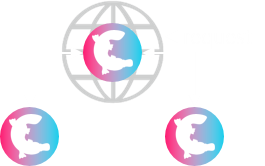
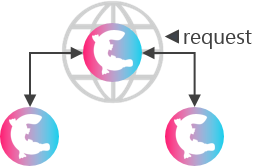
Decentralized and Portable
Collectu is a fast and easy to use portable application. Collectu can run remotely on any system. From Windows to Linux, a desktop PC, an edge device or a server. Collectu can also be containerized with e.g. Docker. This allows any device on the network to be connected and become a data source in a snap, ensuring scalability at all times.
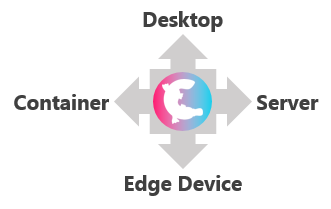
Dynamic Variables
There are use cases where a configuration, the parameters of a module, need to be dynamically adjusted. This can be the case, for example, when we need to send REST requests to a changing address. This is where dynamic variables come into play. Dynamic variables allow you to adjust configuration parameters at runtime, depending on previously collected data. This is done fully automatically.
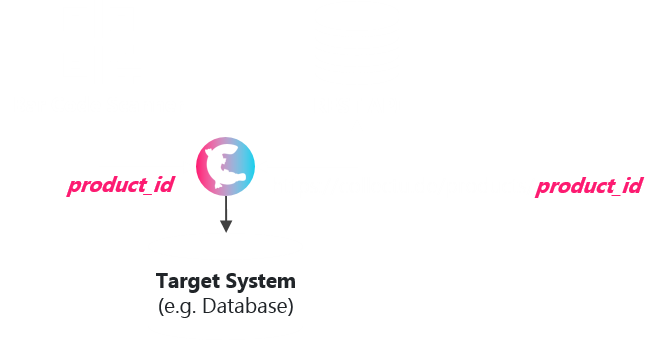
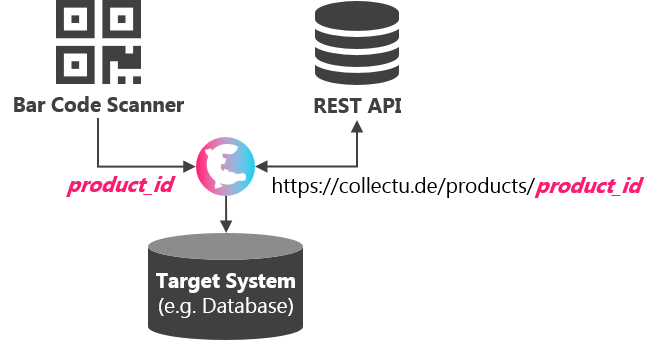
Connect Multiple Instances
The collected data can be easily shared between multiple Collectu instances. This allows for example, to store machine data on your office PC or to combine information from different systems.
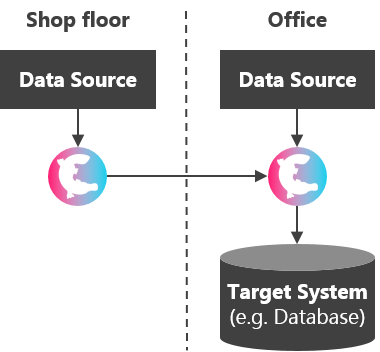
Mothership
The Mothership functionality allows remote control of Collectu instances. Remote control allows you to update Collectu instances, view their current status or adjust the running configuration without changing firewall settings. The mothership interface is the tool to easily manage a large number of devices running Collectu.
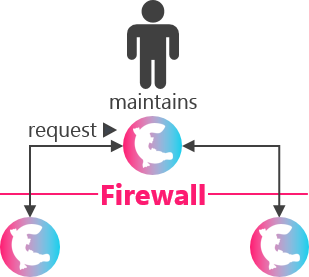
Buffering
Built-in buffering prevents data loss due to connection or network problems. Data that could not be sent is temporarily stored in a dedicated buffer and resent when the connection is re-established.
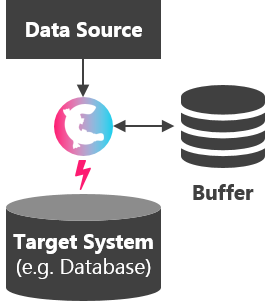
Combine User Input With Other Data
In addition to automatically collected data, manual user input can be collected using the browser-based front end. For example, machine data can be combined with operator feedback.
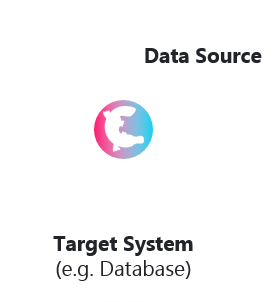
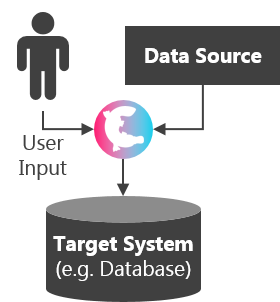
Direct Machine Learning
Create, train and deploy machine learning models, such as artificial neural networks, directly in Collectu. You can integrate and use all popular machine learning frameworks available in Python.
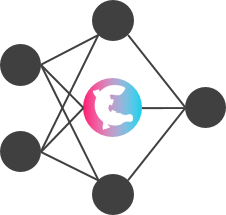
Realize Your Logic and Make it Web-enabled
Collectu's architecture allows you to focus on the logic needed to solve your challenges. For example, error handling, logging, and external interfaces are provided by Collectu. This saves you a lot of time, improves code quality, and you can even embed and run your code directly via a REST API.
